
The Government Spending Review on 25 November 2015 announced “a new £1.5 billion Global Challenges Fund, to ensure UK science takes the lead in addressing the problems faced by developing countries, whilst developing our ability to deliver cutting-edge research”. It operates across a number of partners, including the Research Councils, National Academies, UK Space Agency and HEFCE. The RCUK GCRF represents the largest portion of this Fund and is a strategic fund spanning all seven Research Councils.
The Research Councils have each received directly allocated portions of the GCRF and the MRC, AHRC, BBSRC, ESRC and NERC are drawing on their allocations to support this opportunity.
Foundation Awards are expected to vary in scale, as appropriate to the specific needs of each foundation case. The total funding requested is not normally expected to exceed £600k. Possible uses of Foundation Awards include but are not limited to the following, innovative approaches are encouraged:
- Early phase discovery and translation research
- Extending scope of existing research to wider global settings
- Population studies, sample/data collection, data integration
- New research tools and techniques
- Development of collaborations, partnerships, teams
- Creating pathways to impact in LMICs.
Submission Deadline: 22 June 2016
For more information, you can refer to the MRC call details page or the BBSRC call details page.
If you are interested in applying, please contact your Funding Development Officer no later than 3 June.
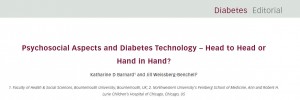
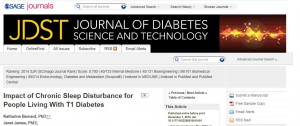

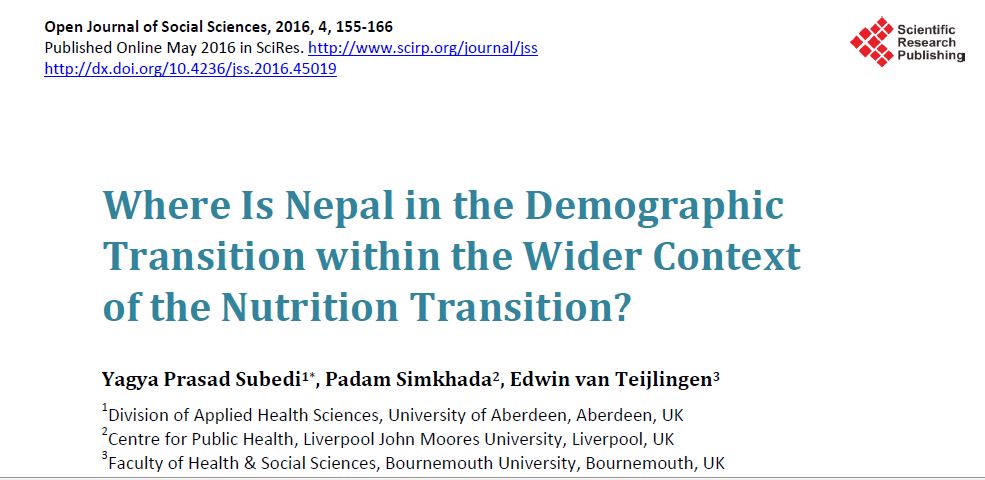
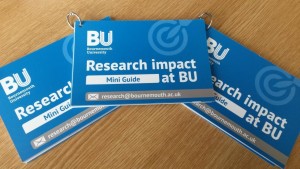
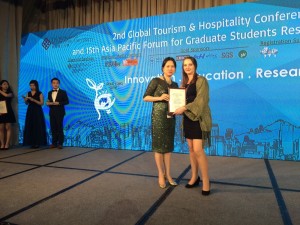
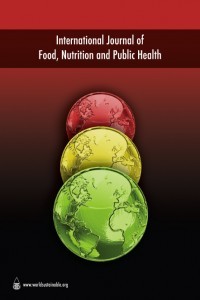




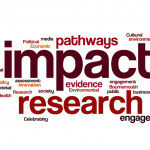











 Upcoming opportunities for PGRs – collaborate externally
Upcoming opportunities for PGRs – collaborate externally BU involved in new MRF dissemination grant
BU involved in new MRF dissemination grant New COVID-19 publication
New COVID-19 publication MSCA Postdoctoral Fellowships 2024
MSCA Postdoctoral Fellowships 2024 Horizon Europe News – December 2023
Horizon Europe News – December 2023